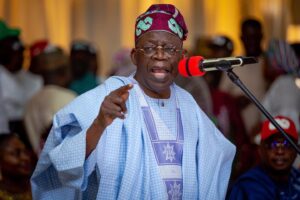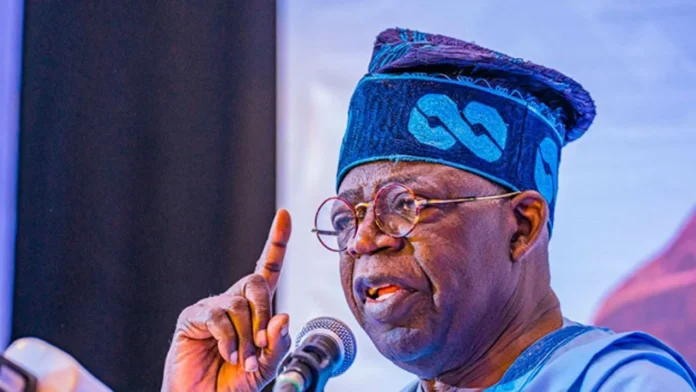The Nigerian Presidency has responded to a recent report by The New York Times, which portrayed a grim picture of the country’s economic situation under the new administration of President Bola Tinubu. Bashir Ahmad, the Special Adviser to the President on Information and Strategy, addressed what he deemed as misconceptions conveyed by the report, titled “Nigeria Confronts Its Worst Economic Crisis in a Generation.”

In a statement issued on Sunday, Ahmad acknowledged that while Nigeria is indeed facing economic challenges, the report by Ruth Maclean and Ismail Auwal appeared to be “typically predetermined” and followed the often “denigrating way” foreign media establishments have reported on African countries for decades.
Ahmad emphasized that President Tinubu did not create the economic problems Nigeria currently faces; rather, he inherited them. “He inherited a dead economy,” Ahmad quoted a respected economist, highlighting the dire state of affairs when Tinubu assumed office.
The Special Adviser defended the administration’s policy decisions, such as the removal of the fuel subsidy regime and the unification of multiple exchange rates, as necessary measures to address the country’s economic woes. He pointed out that the previous government had resorted to massive borrowing to cover unsustainable subsidy payments, leaving little room for recurrent or capital expenditure.
Ahmad also addressed the issue of the exchange rate, stating that by keeping it artificially low, arbitrage opportunities grew, leading to a gulf between the official rate and the rates used by Bureau de Change operators. This, he said, had a negative impact on foreign direct investment and caused challenges for companies like Emirates Airlines, which had to suspend its Nigerian route.
While acknowledging the initial turbulence caused by the reforms, with the naira sliding as low as N1,900 to the US dollar, Ahmad highlighted signs of stability and prospects for further appreciation. He cited the trade surplus recorded in the first quarter of 2023, the inflow of portfolio investors, and the extension of loans by international financial institutions as indicators of restored confidence in the Nigerian economy.
On the issue of inflation, particularly food inflation, Ahmad emphasized the government’s efforts to rein it in through increased agricultural production. He mentioned the Central Bank’s donation of N100 billion worth of fertilizers to farmers and various incentives being implemented to boost food production.
Ahmad acknowledged that Nigeria is not alone in facing a rising cost of living crisis, pointing to similar challenges faced by the United States and Europe. He expressed confidence that just as Nigeria has overcome economic difficulties in the past, it will overcome the present challenges under the Tinubu administration.
The Presidency’s response aims to counter the perceived negative portrayal of Nigeria’s economic situation by The New York Times report. It seeks to provide a more balanced perspective, highlighting the inherited challenges, the rationale behind the administration’s policies, and the efforts being made to address issues such as inflation and economic stability.




